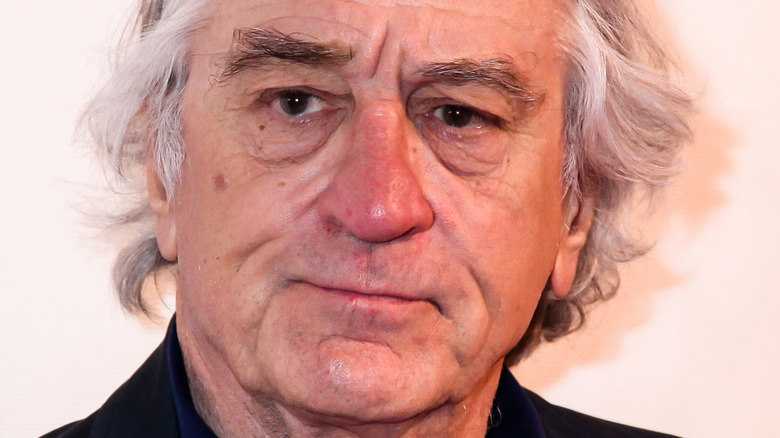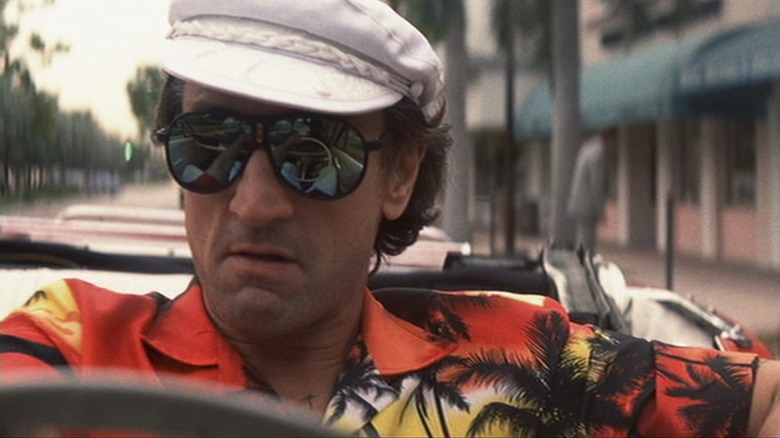Max Cady From Cape Fear Actually Had A Point
Martin Scorsese is without question one of the most important and revered voices in modern cinema. With his massive catalog of films, which features all-timers like "Goodfellas," "Raging Bull," "The Departed," "Taxi Driver," and "Casino," among others, it's definitely worth paying attention when the iconic filmmaker decides to direct a new movie, especially a remake.
Such was the case with Scorsese's 1991 version of "Cape Fear." The original film was directed by J. Lee Thompson from a screenplay by James R. Webb and it features titanic performances by Gregory Peck and Robert Mitchum in the lead roles.
Cinema fans who have seen either version will recall that they both follow a convict released from jail who sets out to take revenge on his lawyer for not getting him off, even though he did indeed commit the crime in question. Still, those who have seen Scorsese's remake of "Cape Fear" have a much bigger reason to be in the ex-con's corner than fans of the original movie.
It's made clear in the remake that Sam Bowden buried evidence
One of the great twists in Martin Scorsese's "Cape Fear" remake is that ex-con Max Cady (Robert De Niro) knows for a fact that his attorney, Sam Bowden (Nick Nolte), deliberately withheld evidence that could have spared Cady incarceration or, at the very least, reduced his sentence (via Film School Rejects).
Cady goes away for 14 years after he's convicted of the rape and assault of a 16-year-old girl. However, despite understanding that the victim was known to be sexually promiscuous and that Cady didn't know her age, Sam keeps these facts to himself because, having a daughter of his own, he's appalled by the brutality of Cady's crimes.
With his violent disposition and penchant for stalking and violating women, audiences have little reason to be on Cady's side. However, technically what Sam did as his attorney was against the law and could even be seen as grounds for him to be disbarred or garner Cady restitution from the legal system, or both.
Unfortunately for Sam, Cady has no interest in getting his revenge through proper legal channels, and by the end of "Cape Fear," Sam and his family are forced to flee in terror from the lunatic. While fans might rightly argue over which version of the film is better, Scorsese's remake definitely gives viewers a reason to be at least a little bit more understanding of Cady's quest for revenge. Scorsese also scores points with another twist that he pulled off by recruiting Robert Mitchum and Gregory Peck for cameos that cast them against type.

